25 Literature/Philosophy Books Recommended by Jordan Peterson: Must-Read for Philosophers! Part 2
Explore Jordan Peterson's Handpicked Collection of Literature/Philosophy Must-Reads
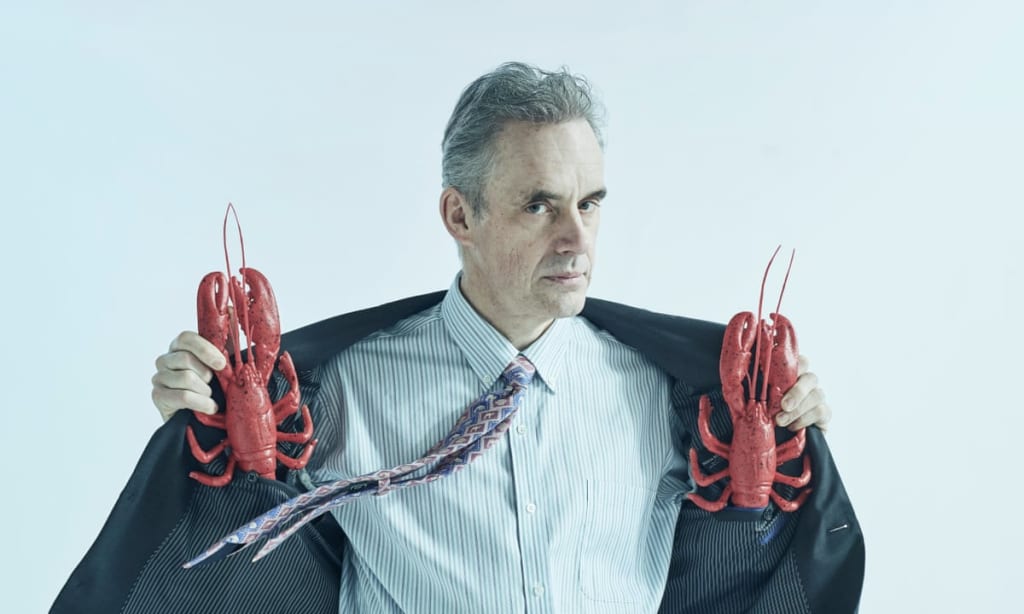
Welcome to the second part of our series on literature and philosophy books recommended by renowned psychologist and professor, Jordan Peterson. In this installment, we continue our exploration of 25 thought-provoking and influential works that delve into the depths of human existence and challenge our understanding of the world. Whether you're a philosopher, an avid reader, or simply seeking intellectual stimulation, these books are sure to expand your horizons and ignite profound contemplation. Let's dive into the captivating world of literature and philosophy, guided by Jordan Peterson's recommendations.
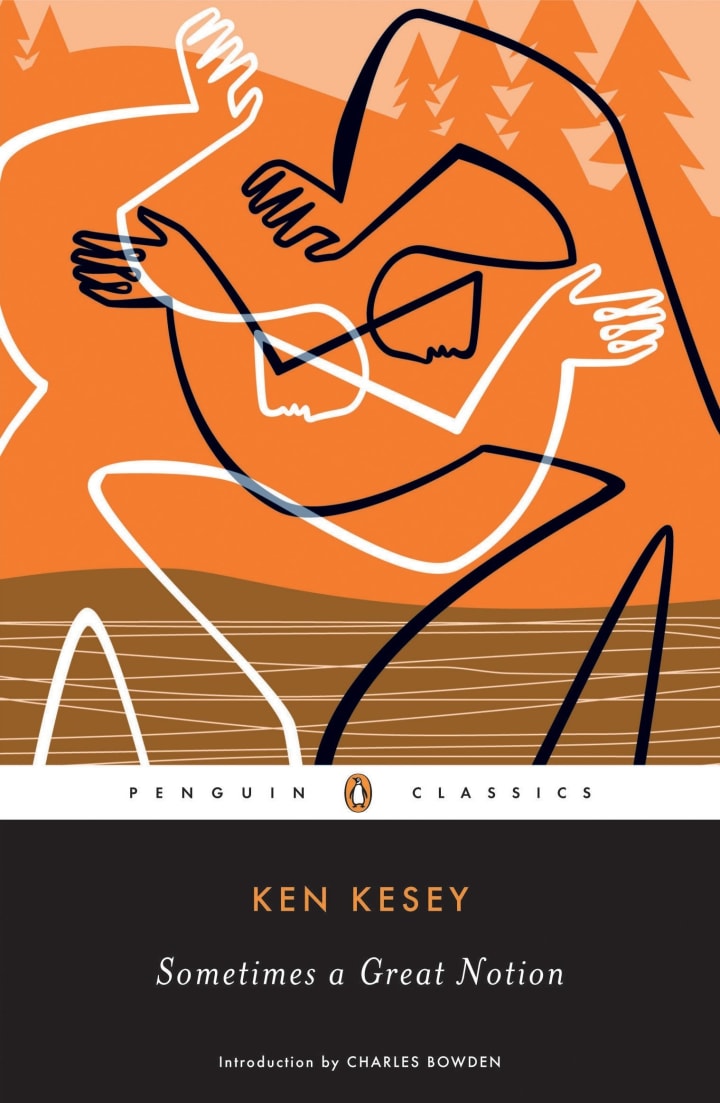
1. Sometimes a Great Notion by Ken Kesey:
Ken Kesey's masterpiece, Sometimes a Great Notion, is an epic tale that explores the complexities of family, identity, and rebellion against societal norms. Through the gripping narrative of the Stamper family's struggle, Kesey delves into profound questions of individuality, determination, and the relentless pursuit of freedom. This emotionally charged novel challenges readers to reflect on the human spirit and the limits of societal expectations.
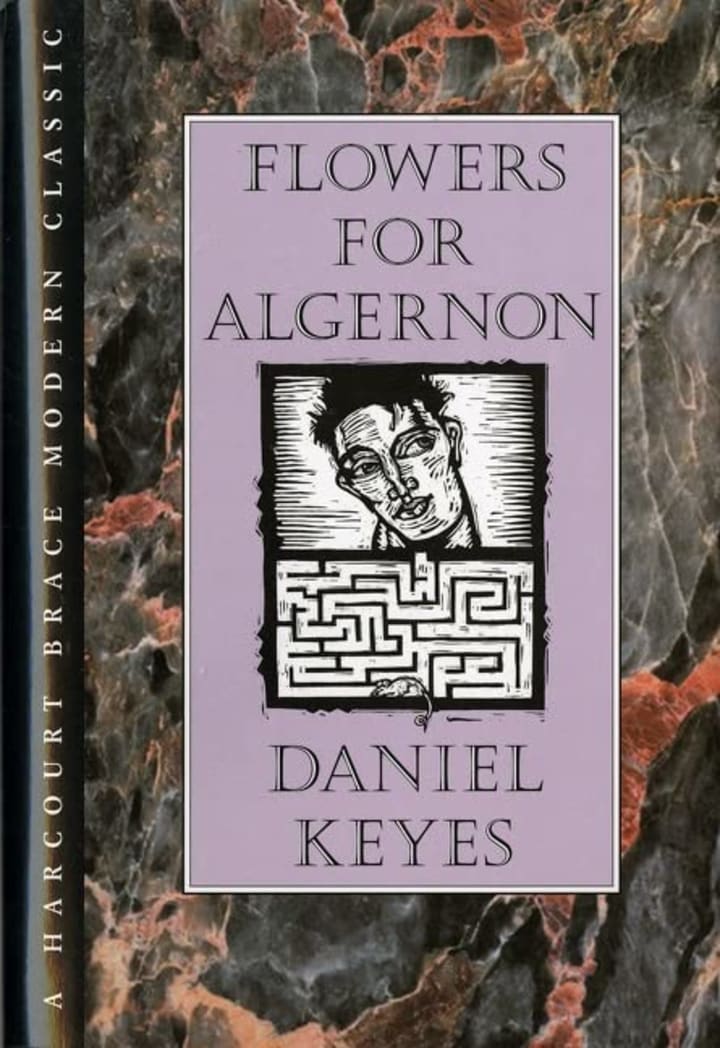
2. Flowers for Algernon by Daniel Keyes:
Flowers for Algernon is a deeply moving and thought-provoking novel by Daniel Keyes. The story follows Charlie Gordon, a mentally challenged man who undergoes an experimental procedure to increase his intelligence. Through Charlie's poignant and introspective journal entries, Keyes raises profound questions about intelligence, human nature, and the quest for knowledge. Flowers for Algernon is a captivating exploration of the human condition and the ethical implications of scientific advancements.
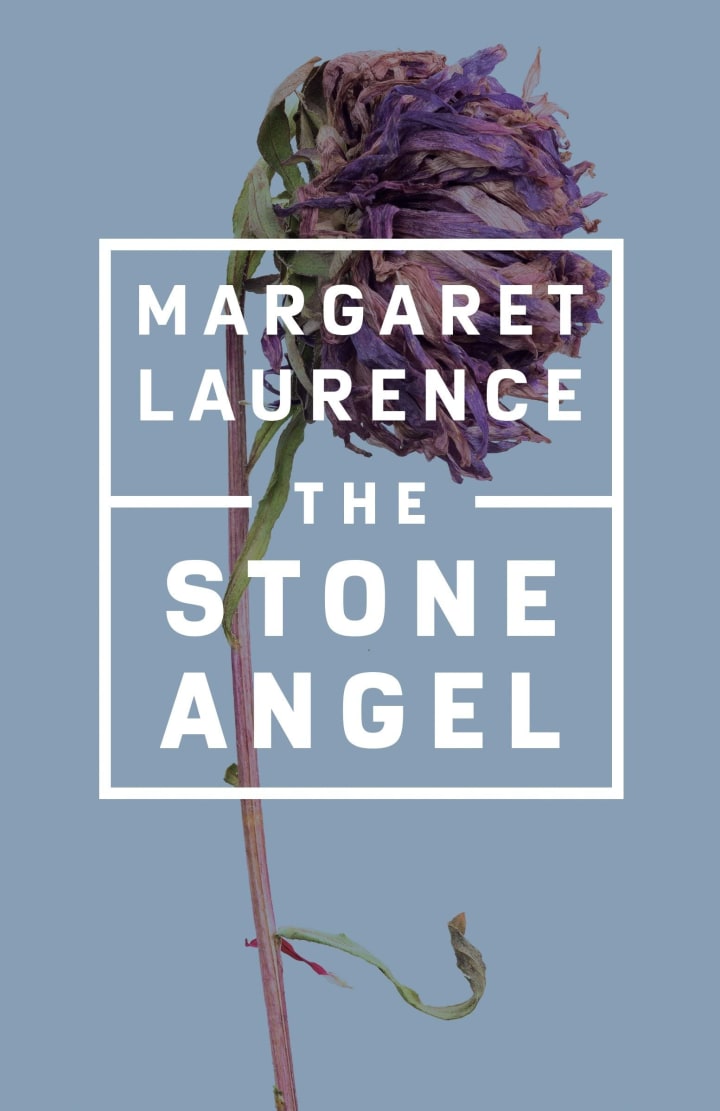
3. The Stone Angel by Margaret Laurence:
Margaret Laurence's The Stone Angel is a literary masterpiece that explores the complexities of aging, regret, and the indomitable nature of the human spirit. Through the eyes of the fiercely independent protagonist, Hagar Shipley, Laurence delves into themes of pride, identity, and the search for redemption. The Stone Angel offers a compelling and introspective journey, inviting readers to contemplate the significance of our choices and the consequences they bear.
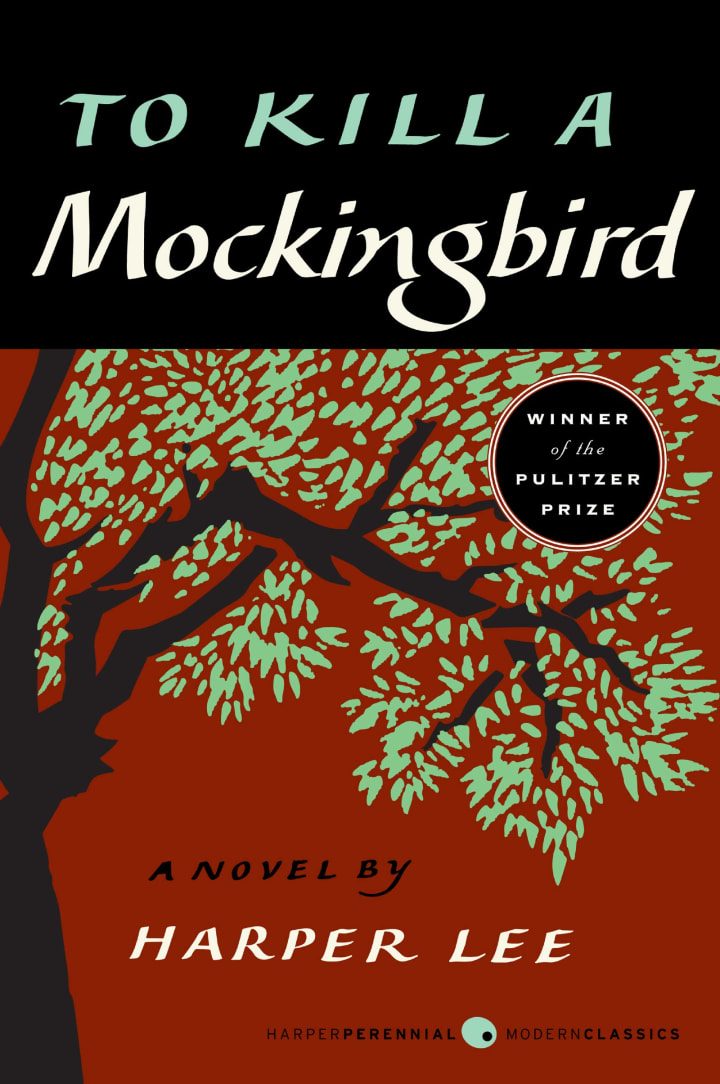
4. To Kill a Mockingbird by Harper Lee:
Harper Lee's timeless classic, To Kill a Mockingbird, continues to resonate with readers due to its powerful examination of racial injustice, morality, and the loss of innocence. Through the eyes of young Scout Finch, Lee masterfully portrays the racial tensions of the 1930s Deep South and her father Atticus's unwavering pursuit of justice. To Kill a Mockingbird prompts readers to confront their own prejudices and consider the moral responsibility we bear in the face of injustice.
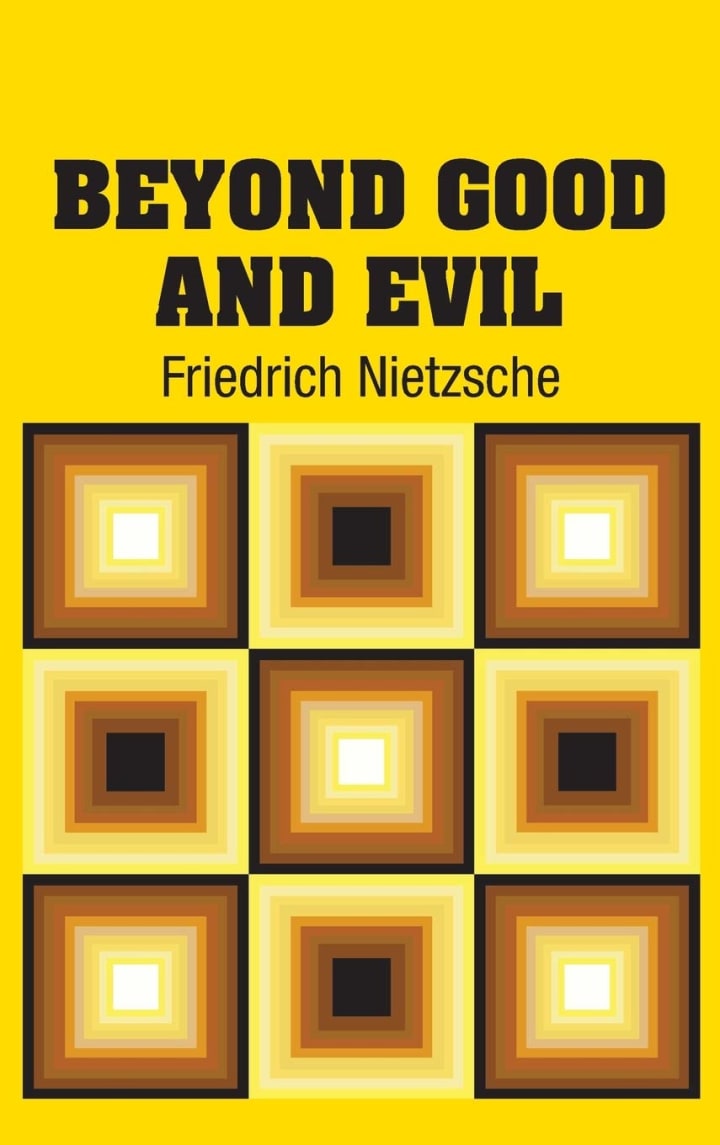
5. Beyond Good and Evil by Friedrich Nietzsche:
In Beyond Good and Evil, Friedrich Nietzsche presents a philosophical work that challenges conventional moral notions and explores the complexities of human nature. Nietzsche critiques traditional ethical systems and proposes a reevaluation of values based on individual perspectives and the will to power. Through his incisive and provocative writing, Nietzsche invites readers to question the foundations of morality and embark on a personal journey of self-discovery.
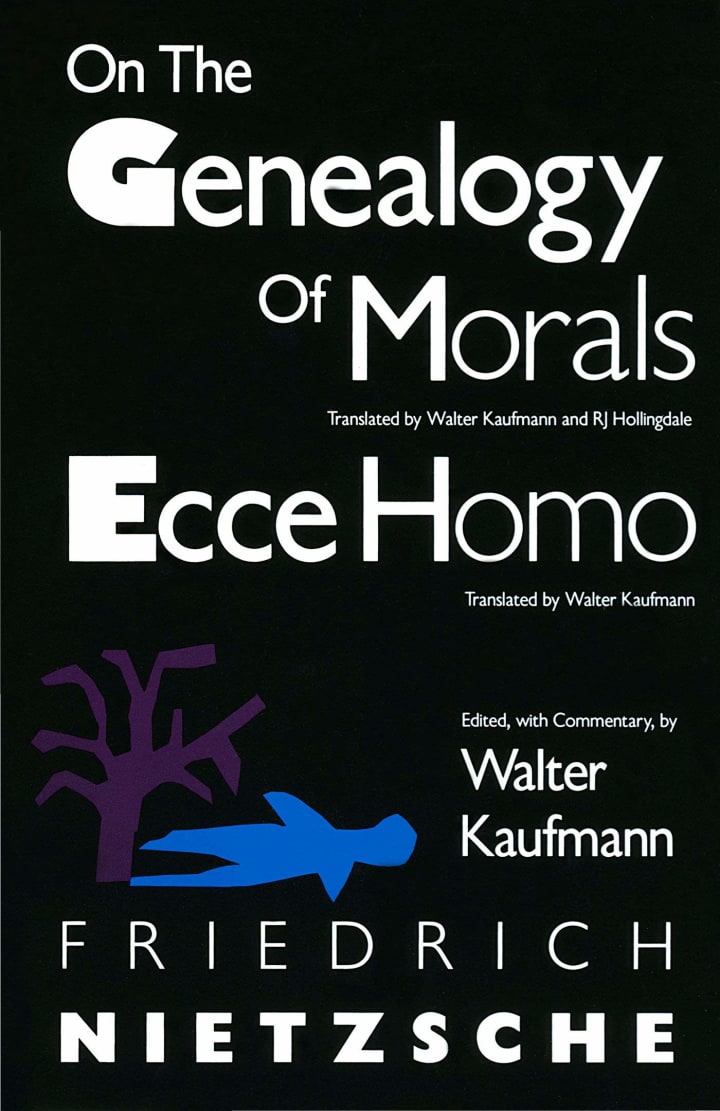
6. On the Genealogy of Morals by Friedrich Nietzsche:
On the Genealogy of Morals is another seminal work by Friedrich Nietzsche that delves into the origins and meanings of moral values. Nietzsche investigates the historical development of morality, the distinction between good and evil, and the concept of ressentiment. This profound examination of moral philosophy challenges readers to reconsider the underlying principles that shape our ethical frameworks.
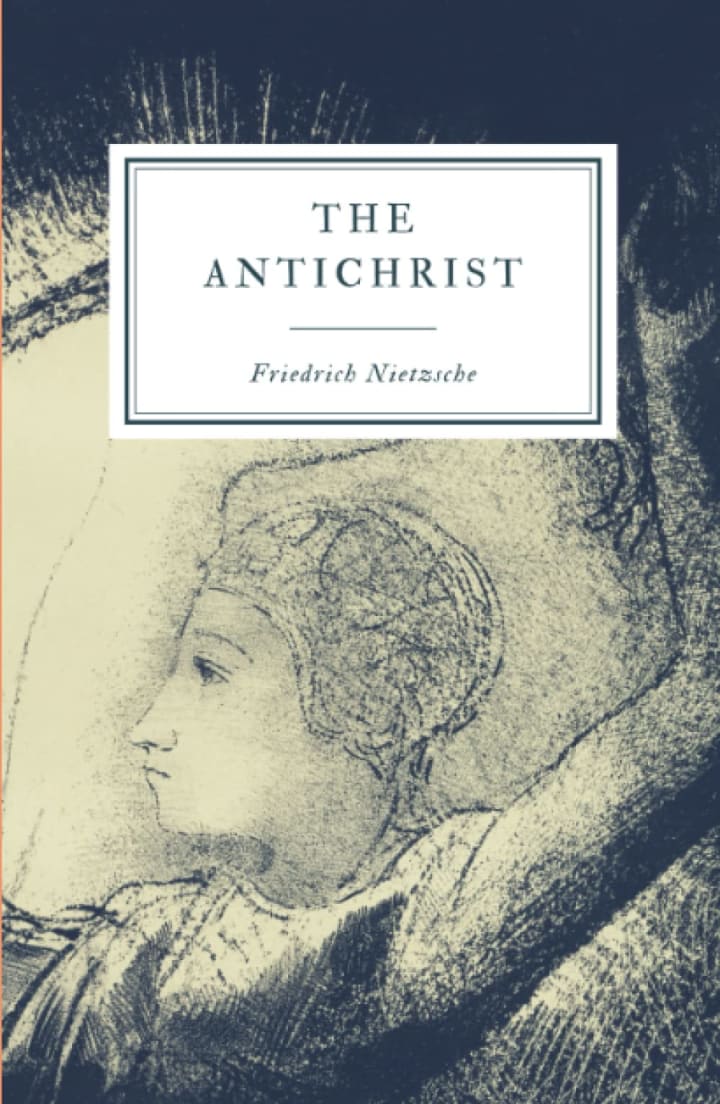
7. The Antichrist by Friedrich Nietzsche:
In The Antichrist, Friedrich Nietzsche offers a scathing critique of Christianity and its impact on Western civilization. Through his bold and uncompromising style, Nietzsche challenges the morality and values propagated by religious institutions. The Antichrist provokes readers to question the foundations of religious beliefs and societal norms, encouraging a critical evaluation of the role of faith in human existence.
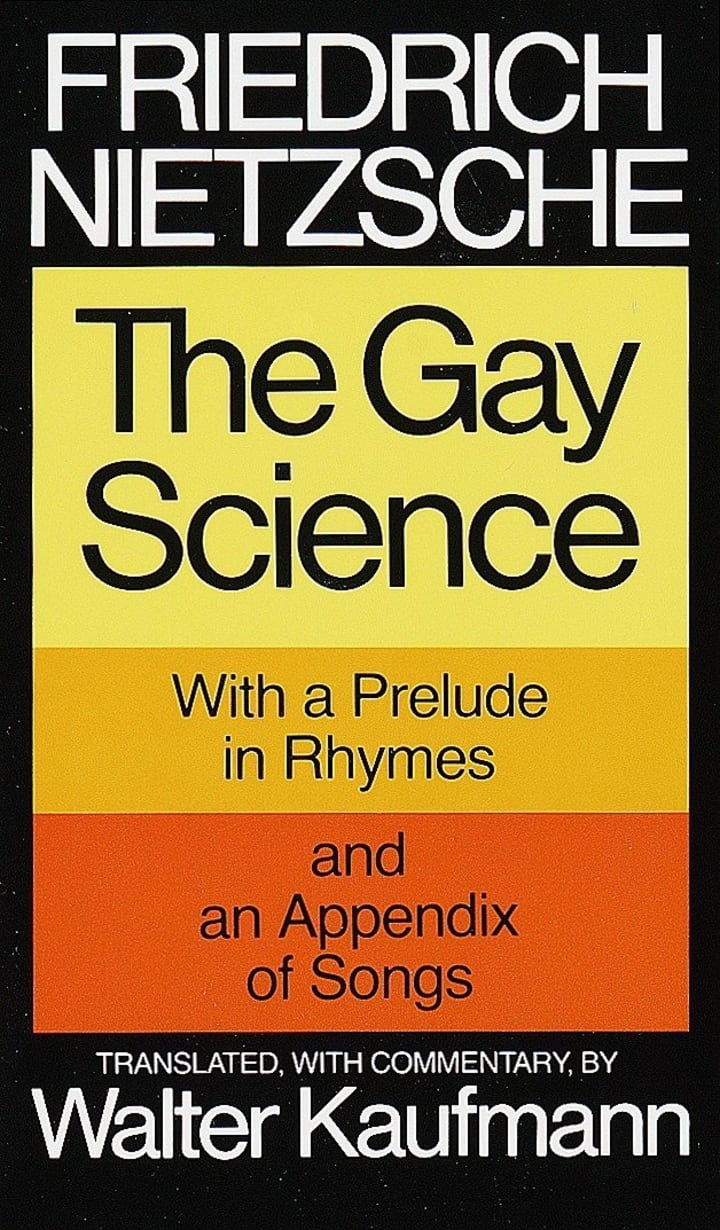
8. The Gay Science by Friedrich Nietzsche:
The Gay Science, a groundbreaking work by Friedrich Nietzsche, explores themes of nihilism, eternal recurrence, and the death of God. Nietzsche's lyrical and aphoristic writing style engages readers in a profound exploration of the human condition, the value of truth, and the pursuit of meaning in a seemingly chaotic world. The Gay Science invites readers to confront existential questions and embrace the challenges of living a truly authentic life.
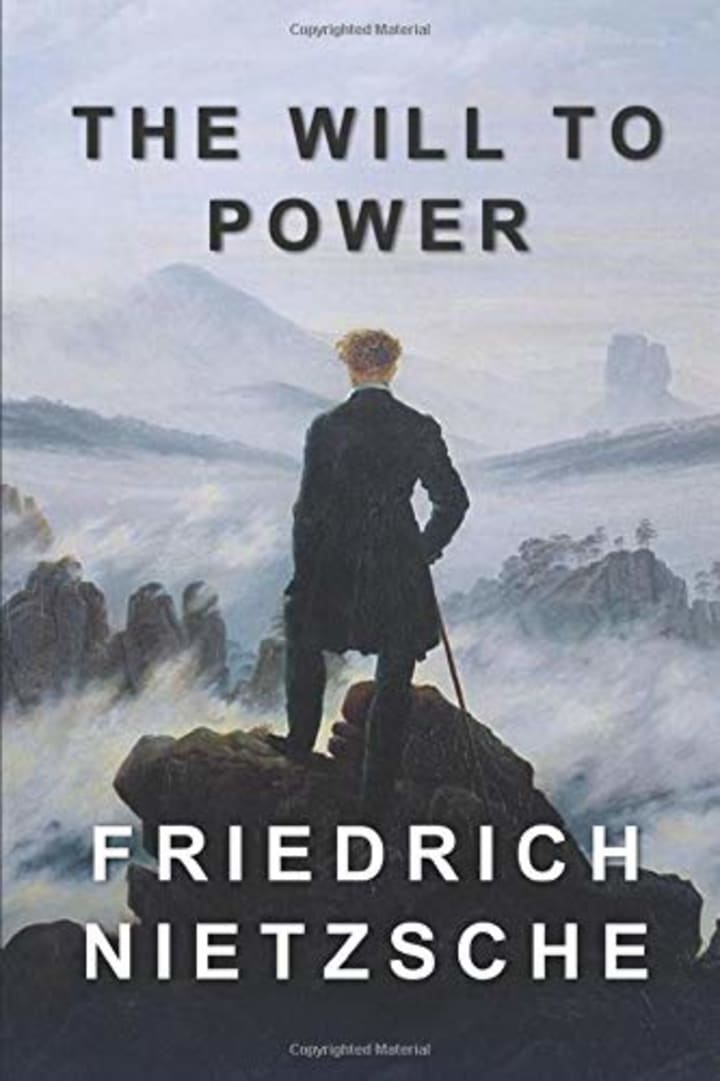
9. The Will to Power by Friedrich Nietzsche:
The Will to Power, compiled posthumously from Friedrich Nietzsche's notes and manuscripts, examines the nature of human drives and the pursuit of power. Nietzsche explores the underlying motivations that drive human actions, offering insights into the dynamics of dominance and submission, and the quest for self-realization. The Will to Power invites readers to reflect on the nature of power and its implications for personal growth and societal structures.
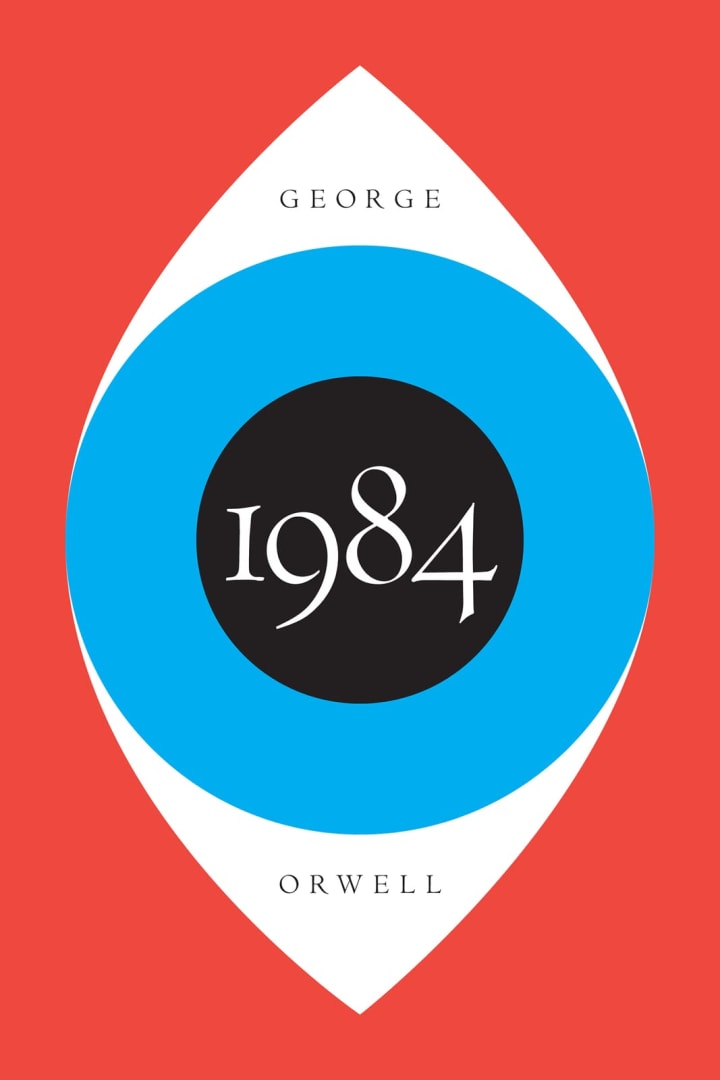
10. 1984 by George Orwell:
George Orwell's dystopian masterpiece, 1984, depicts a totalitarian society ruled by an omnipresent government. Through the eyes of the protagonist Winston Smith, Orwell unveils a chilling world of surveillance, manipulation, and the suppression of individuality. 1984 serves as a cautionary tale about the dangers of authoritarianism and the importance of preserving freedom and independent thought.
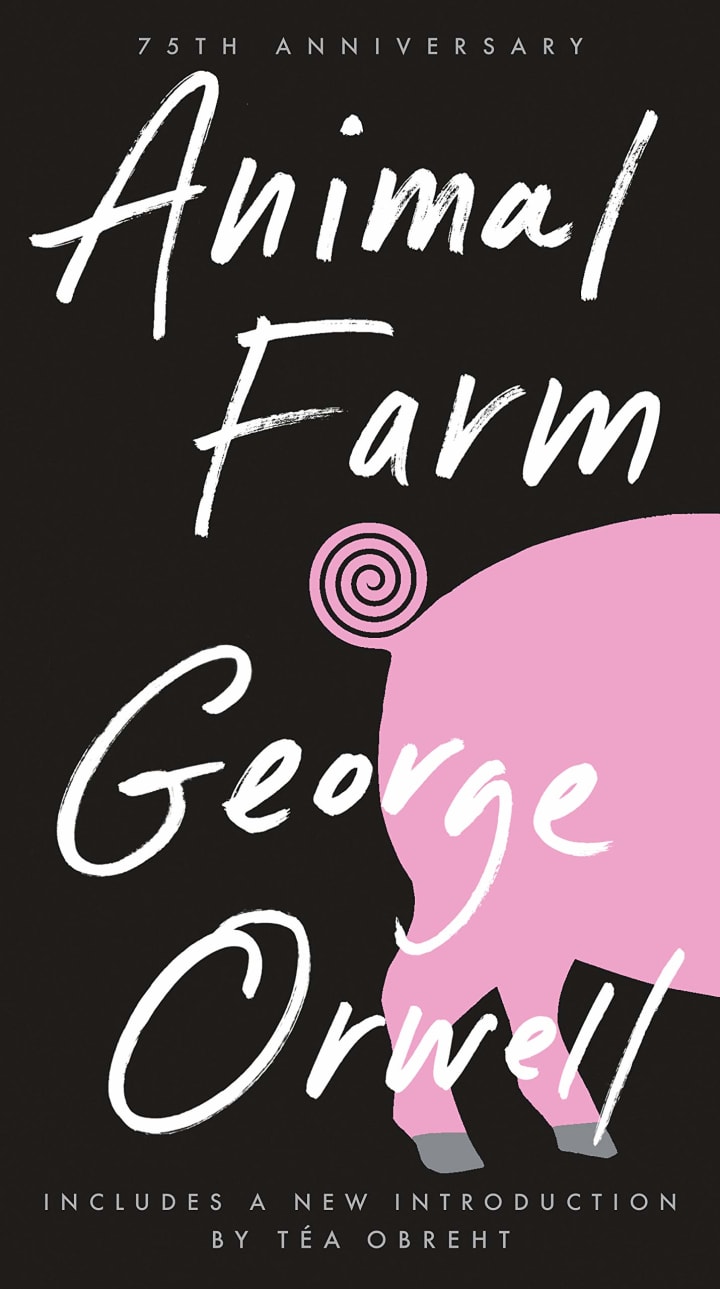
11. Animal Farm by George Orwell:
Animal Farm, an allegorical novella by George Orwell, explores the corruption of power and the dangers of totalitarianism. Orwell uses a farm populated by animals to satirize the Soviet Union under Joseph Stalin, exposing the flaws and hypocrisy of the communist regime. Animal Farm serves as a profound critique of political ideologies and highlights the need for vigilance in safeguarding democratic principles.
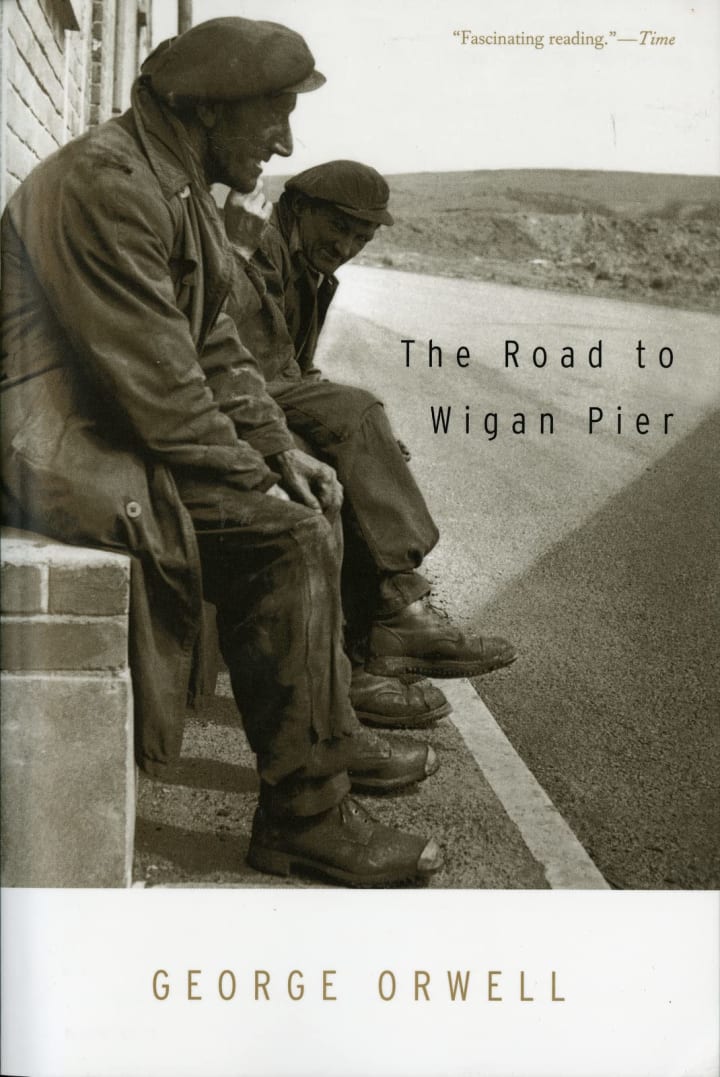
12. Road to Wigan Pier by George Orwell:
Road to Wigan Pier is a non-fiction work by George Orwell that examines the living conditions of the working class in industrial England. Orwell's vivid descriptions and firsthand observations shed light on the harsh realities faced by the impoverished and the struggles for social justice. Road to Wigan Pier prompts readers to confront issues of inequality and inspires empathy for those living on the margins of society.
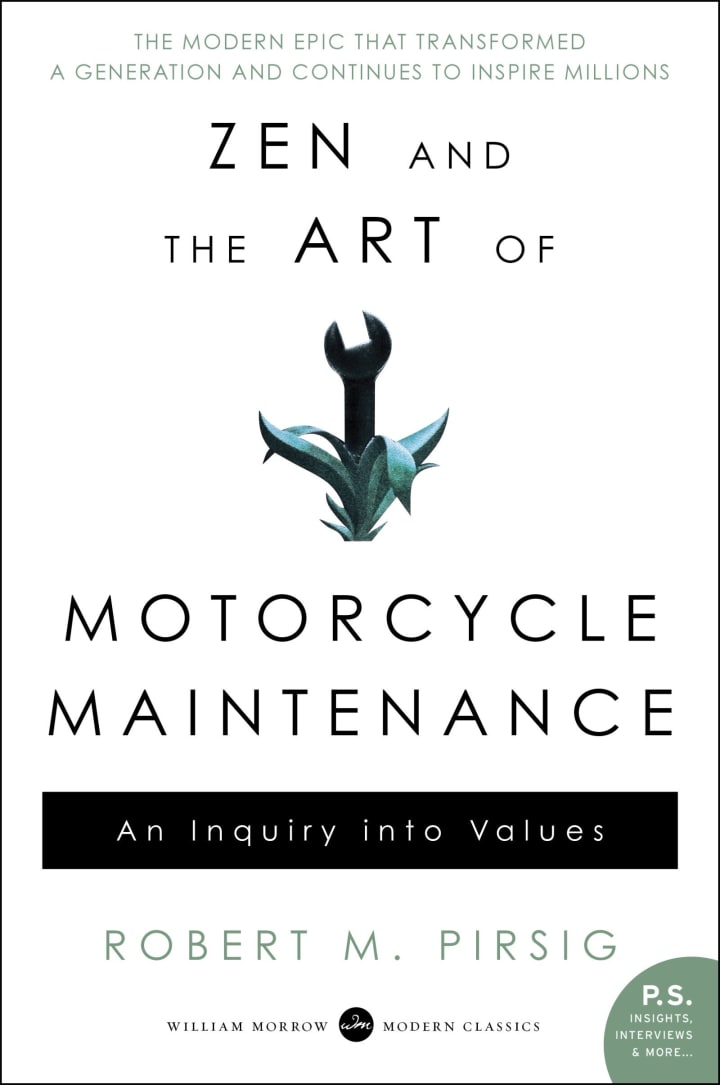
13. Zen and the Art of Motorcycle Maintenance by Robert Pirsig:
Zen and the Art of Motorcycle Maintenance is a philosophical novel by Robert Pirsig that combines a motorcycle journey with deep reflections on philosophy, technology, and the pursuit of quality. Pirsig's exploration of the relationship between rationality and spirituality offers readers a unique perspective on the nature of knowledge and the importance of finding harmony in our daily lives.
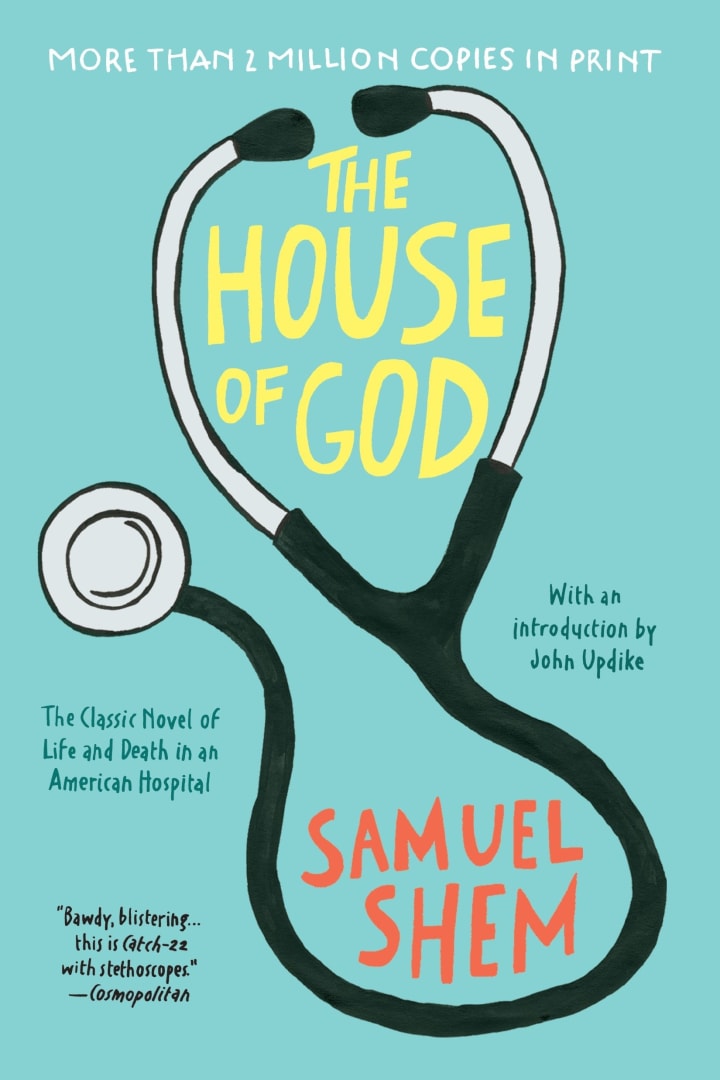
14. The House of God by Samuel Shem:
The House of God, a satirical novel by Samuel Shem, takes readers into the world of medical interns and exposes the harsh realities of the healthcare system. Through dark humor and poignant storytelling, Shem highlights the moral and ethical dilemmas faced by doctors and challenges the dehumanizing aspects of modern medicine. The House of God serves as a powerful critique of institutionalized healthcare and prompts readers to question the true purpose of medicine.

15. Cancer Ward by Aleksandr Solzhenitsyn:
Cancer Ward, a novel by Aleksandr Solzhenitsyn, explores the physical and psychological struggles of patients in a Soviet-era cancer ward. Solzhenitsyn delves into themes of mortality, resilience, and the search for meaning in the face of adversity. Cancer Ward offers a profound exploration of the human spirit and the transformative power of compassion, leaving readers with a renewed appreciation for life's fragile beauty.
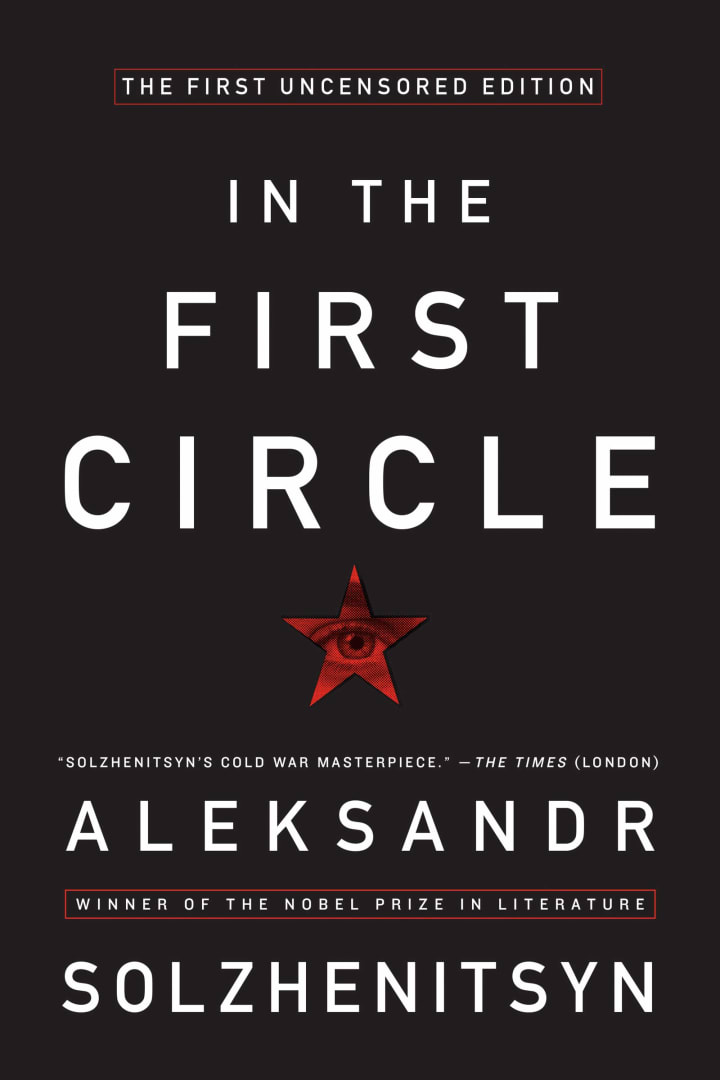
16. The First Circle by Aleksandr Solzhenitsyn:
In The First Circle, Aleksandr Solzhenitsyn provides a gripping portrayal of life in a Soviet labor camp during the Stalinist era. Through the interconnected lives of the prisoners, Solzhenitsyn examines the compromises individuals make to survive and the moral dilemmas they face in an oppressive regime. The First Circle prompts readers to reflect on the nature of freedom, loyalty, and the pursuit of truth in the face of tyranny.
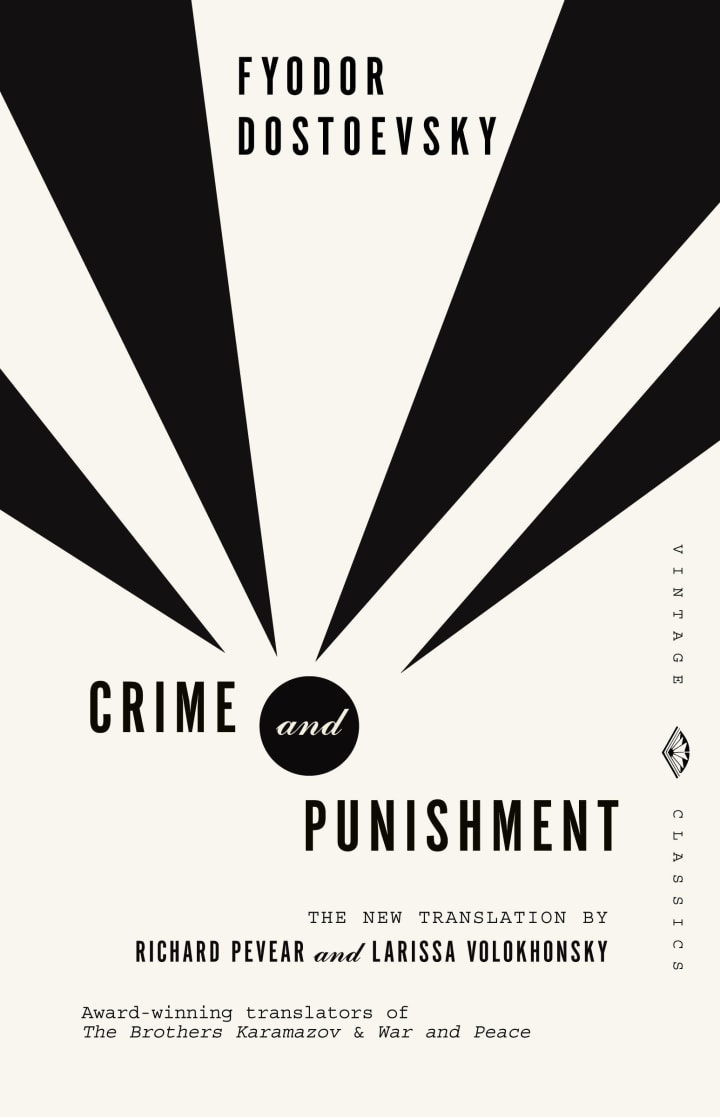
17. Crime and Punishment by Fyodor Dostoevsky:
Fyodor Dostoevsky's masterpiece, Crime and Punishment, delves into the depths of human psychology and morality. The novel follows the tormented protagonist, Raskolnikov, as he grapples with guilt and the consequences of his actions. Dostoevsky explores themes of redemption, the nature of evil, and the power of conscience, inviting readers to confront the complexities of human nature and the price we pay for our choices.
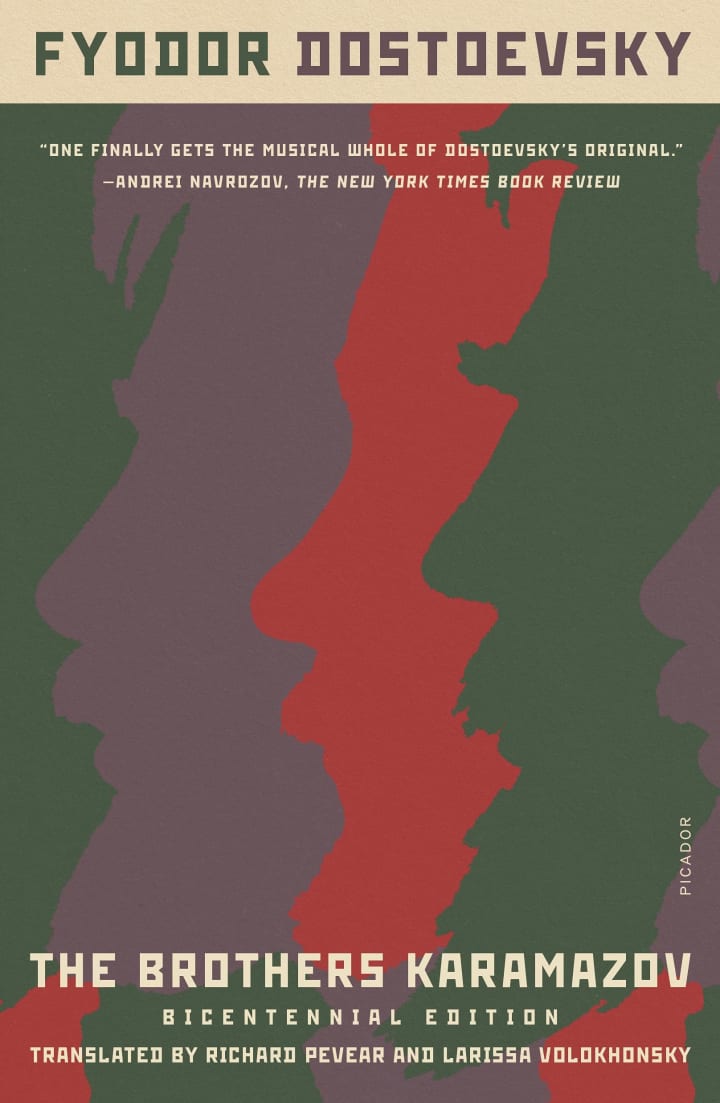
18. The Brothers Karamazov by Fyodor Dostoevsky:
The Brothers Karamazov, another remarkable work by Fyodor Dostoevsky, presents a sprawling narrative that delves into the conflicts of faith, reason, and morality. Through the lives of the Karamazov brothers, Dostoevsky examines the nature of God, the existence of evil, and the complexities of family dynamics. The Brothers Karamazov serves as a profound exploration of the human condition and the eternal struggle between faith and doubt.
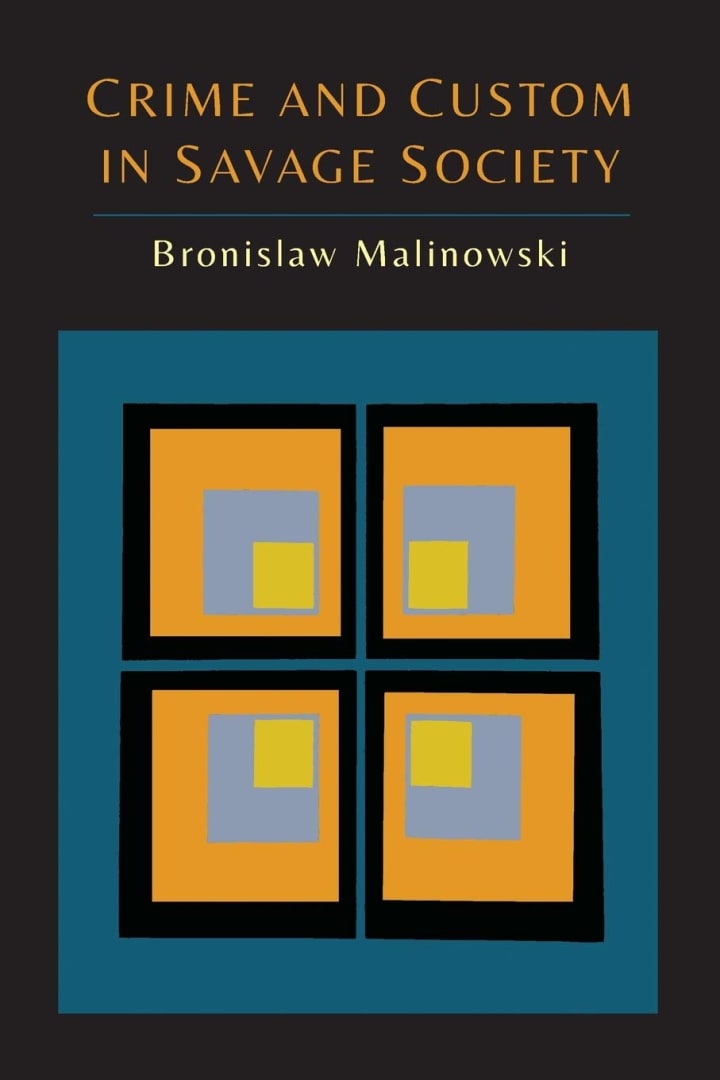
19. Crime and Custom in Savage Society by Bronisław Malinowski:
Bronisław Malinowski's ethnographic work, Crime and Custom in Savage Society, offers an anthropological examination of crime, punishment, and social order in indigenous societies. Malinowski challenges Eurocentric assumptions and explores the cultural context of criminal behavior, shedding light on the complexities of morality and justice in non-Western cultures. This pioneering work invites readers to reconsider their preconceived notions of crime and punishment.
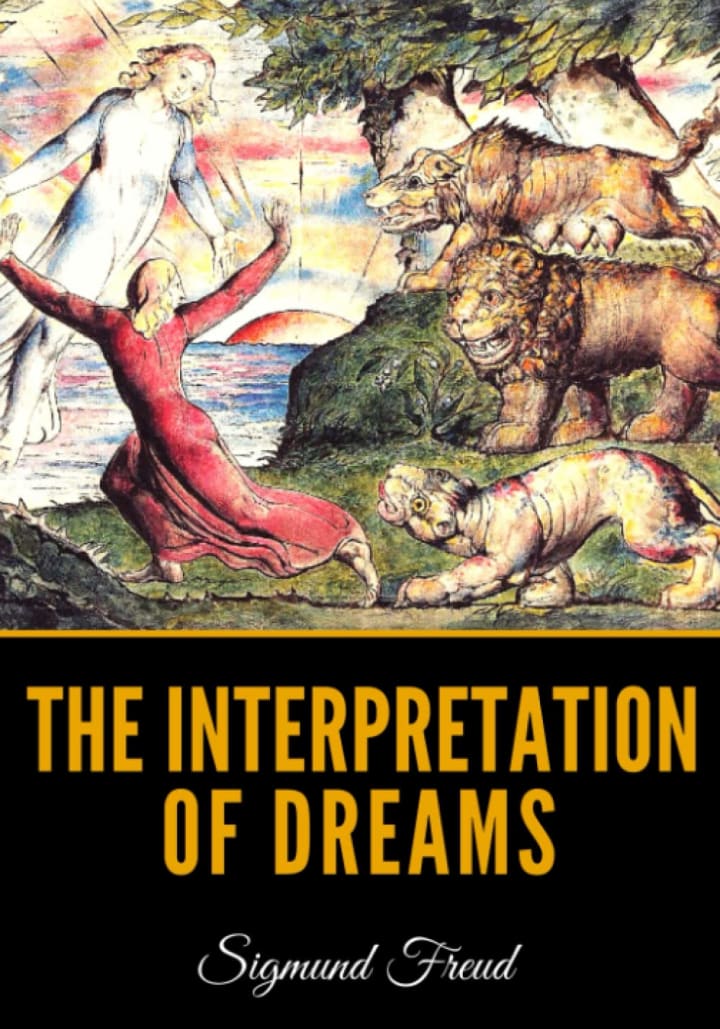
20. The Interpretation of Dreams by Sigmund Freud:
In The Interpretation of Dreams, Sigmund Freud revolutionized the field of psychology by exploring the unconscious mind and the significance of dreams. Freud's groundbreaking theories on dream symbolism, repressed desires, and the structure of the psyche opened up new avenues of understanding human behavior. The Interpretation of Dreams remains a seminal work in the field of psychoanalysis and offers profound insights into the inner workings of the human psyche.
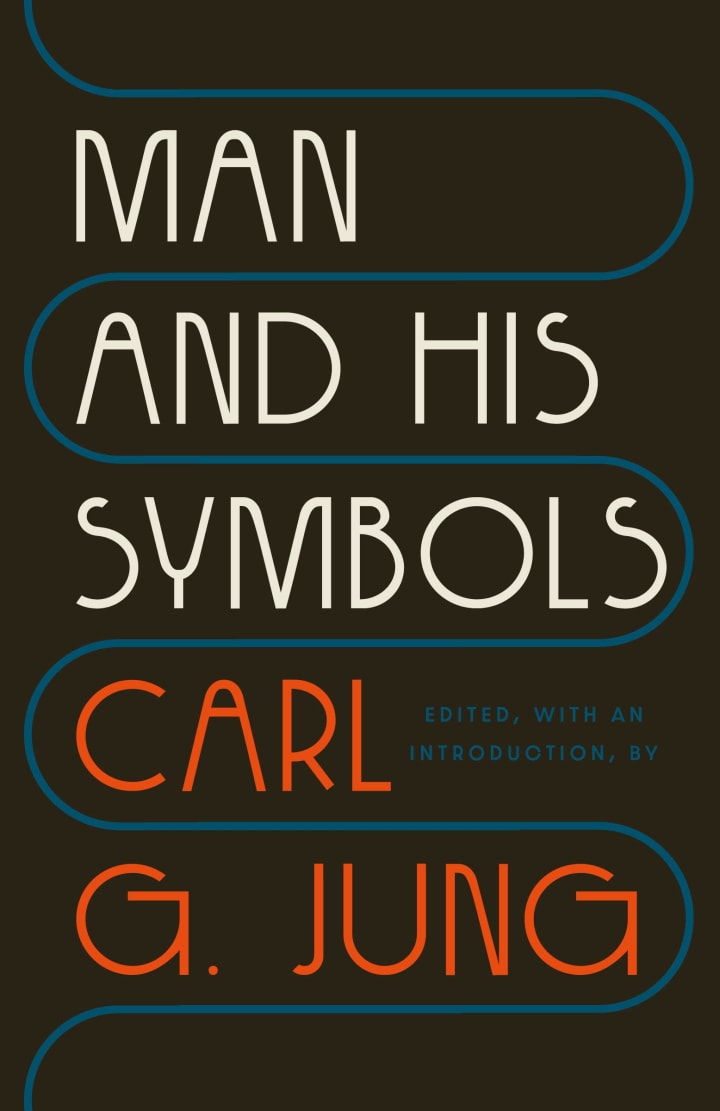
21. Man and His Symbols by Carl Jung:
Man and His Symbols, co-authored by Carl Jung and several other Jungian analysts, serves as an accessible introduction to Jungian psychology and symbolism. Through vivid illustrations and insightful explanations, the book explores the role of symbols in the human psyche and the importance of individuation and self-discovery. Man and His Symbols offers readers a fascinating glimpse into the realm of the unconscious mind and the power of archetypes.
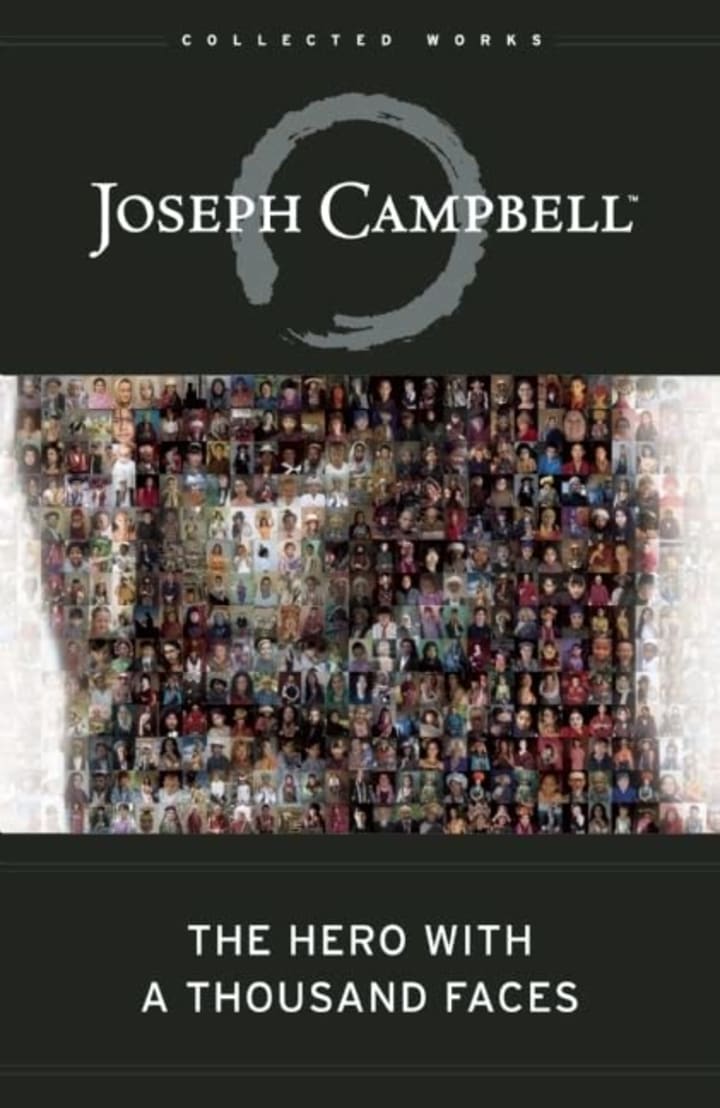
22. The Hero with a Thousand Faces by Joseph Campbell:
Joseph Campbell's The Hero with a Thousand Faces examines the common patterns and motifs found in mythologies across different cultures. Campbell's exploration of the hero's journey and the monomyth archetype offers readers a profound understanding of the universal human experience and the transformative power of storytelling. The Hero with a Thousand Faces encourages readers to embrace their own heroic potential and embark on a journey of self-discovery.
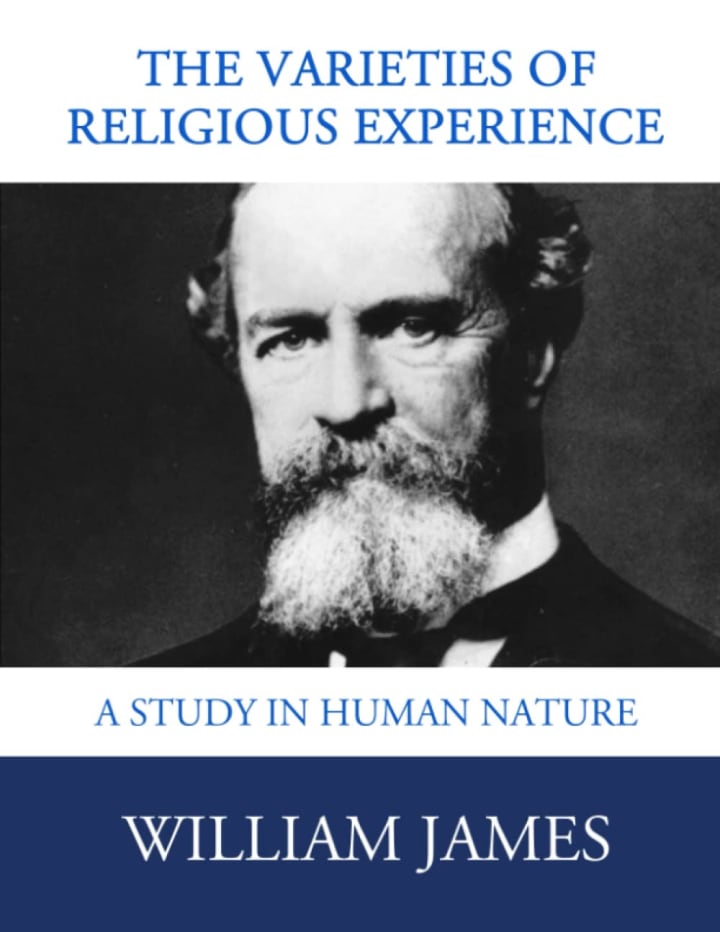
23. The Varieties of Religious Experience by William James:
The Varieties of Religious Experience, written by William James, is a groundbreaking study of religious phenomena and the subjective nature of religious belief. James explores different forms of religious experiences, from mystical revelations to religious conversion, and analyzes their psychological and philosophical implications. This influential work invites readers to consider the diverse manifestations of religious faith and their impact on individual lives.
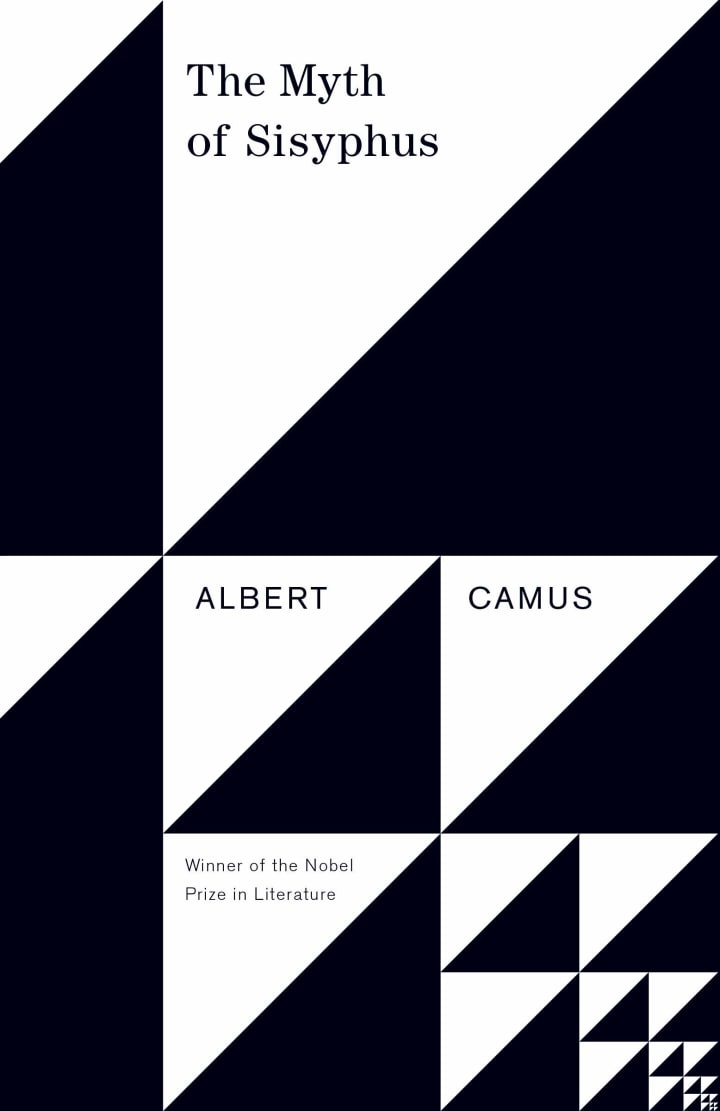
24. The Myth of Sisyphus by Albert Camus:
Albert Camus's philosophical essay, The Myth of Sisyphus, grapples with the question of the meaning of life in a fundamentally absurd universe. Camus argues that despite the inherent absurdity of existence, individuals can find purpose and meaning through an acceptance of the absurd and a revolt against its futility. The Myth of Sisyphus challenges readers to confront the existential questions and embrace the absurdity of life with defiant joy.
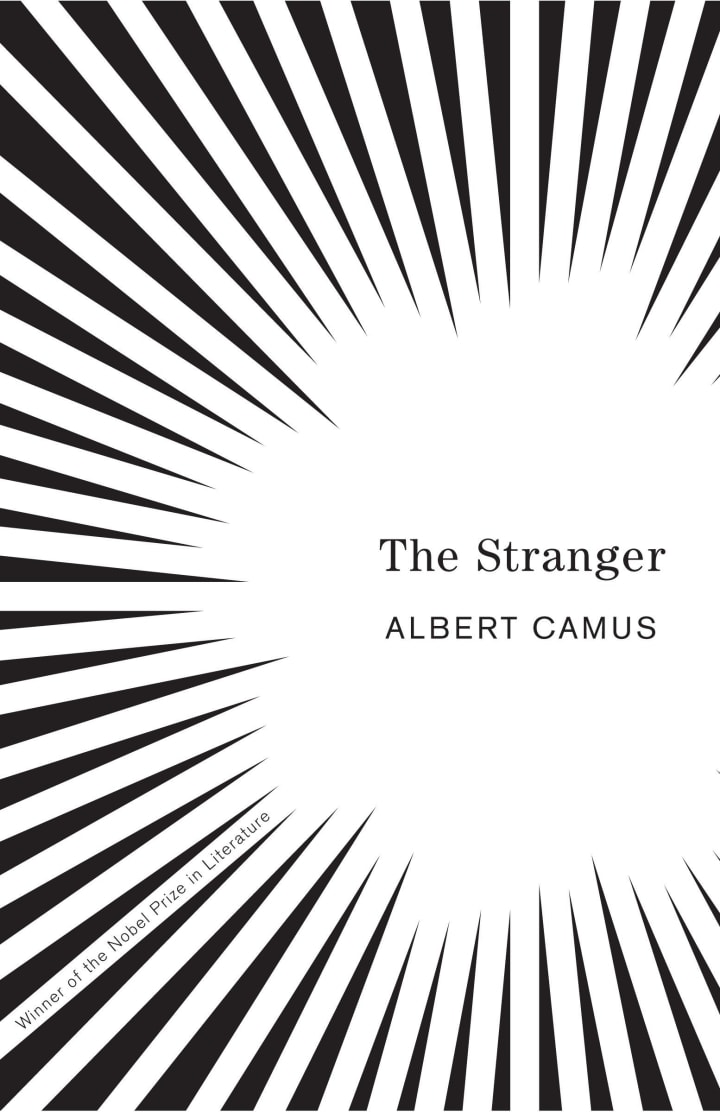
25. The Stranger by Albert Camus:
The Stranger, a novel by Albert Camus, portrays the detached and enigmatic protagonist, Meursault, who navigates the indifference and absurdity of the world. Through Meursault's existential journey, Camus explores themes of alienation, moral indifference, and the consequences of living authentically. The Stranger serves as a poignant examination of the human condition and raises profound questions about the nature of existence and the search for meaning.
Conclusion:
These 25 literature/philosophy books recommended by Jordan Peterson offer a rich tapestry of ideas, insights, and contemplations for philosophers and avid readers alike. From exploring the depths of human nature and moral dilemmas to examining societal norms and the quest for personal growth, these books challenge our perspectives and broaden our intellectual horizons. Embark on this literary journey, immerse yourself in the profound narratives and philosophical musings, and discover the transformative power of these must-read works. Expand your understanding of the human experience and engage in profound philosophical discourse through the pages of these influential books.
About the Creator
NovelNest Books
Book Recommendations





Comments
There are no comments for this story
Be the first to respond and start the conversation.